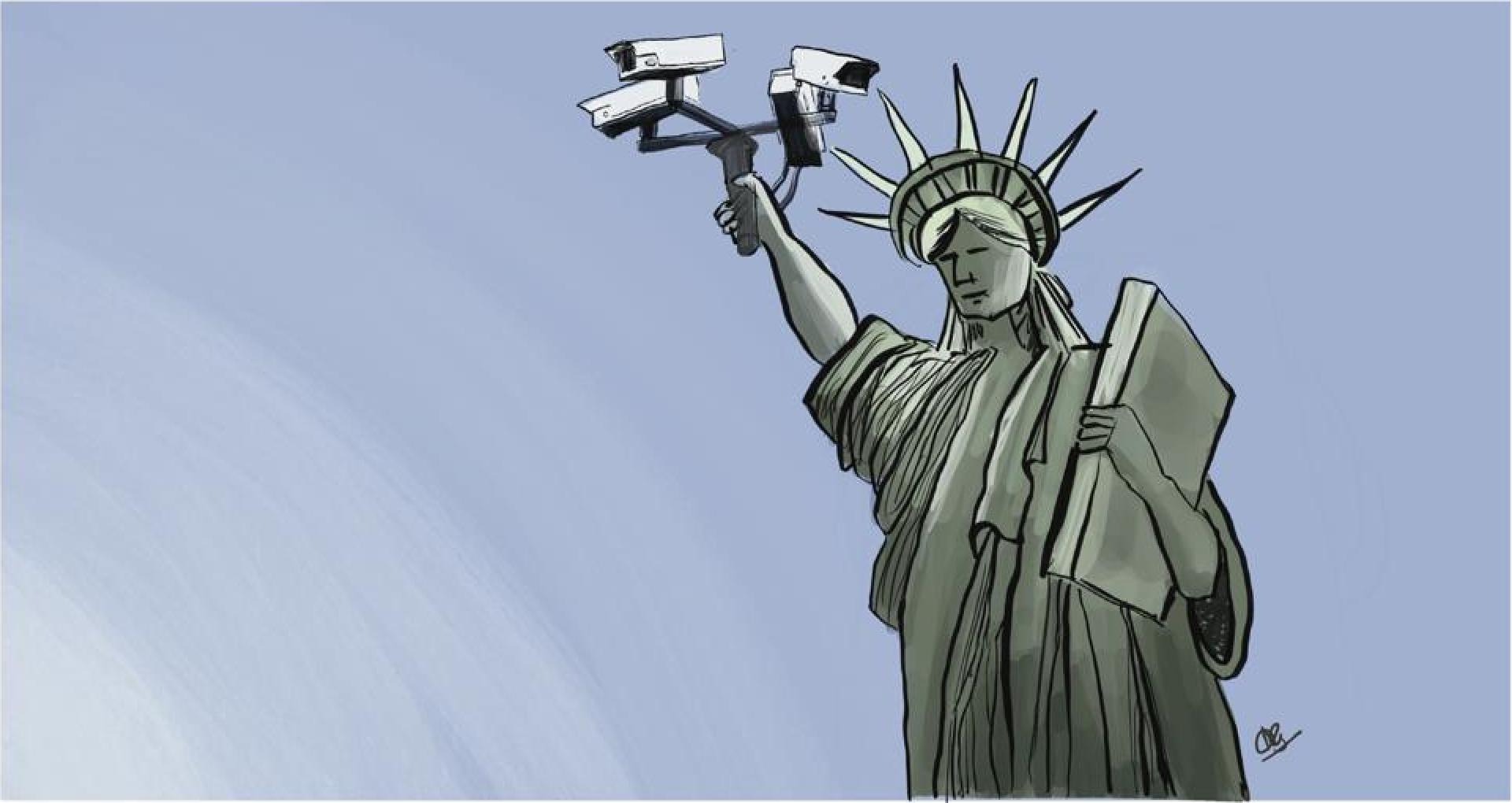Looking Back 20 Years After 9/11: Questions we need to be asking in 2021
On September 11, 2001 the terrorist group known as Al Qaeda carried out a series of attacks against the United States causing nearly 3,000 deaths. The 9/11 attacks shocked the world as the US, once seen as an untouchable power, were left feeling the darker consequences of a globalised world.
“A lot of what needs to be done here will have to be done quietly, without any discussion, using sources and methods that are available to our intelligence agencies if we are going to be successful”
- Dick Cheney, Former US VP under Bush
On September 11, 2001 the terrorist group known as Al Qaeda carried out a series of attacks against the United States causing nearly 3,000 deaths. The 9/11 attacks shocked the world as the US, once seen as an untouchable power, were left feeling the darker consequences of a globalised world.
Today marks the 20th anniversary of that fateful morning, a day that would have lasting effects on the international community. The story of 9/11 and the ensuing War on Terror are well known: forever wars, manhunts, extraordinary rendition, torture, countless grave human rights abuses both abroad and at home, grief, an expansion of the powers of the military industrial complex, trillions of dollars spent, the growth of an invasive global surveillance infrastructure, and millions of people killed, injured and displaced. Despite twenty years having gone by, we seem to be caught in a world which continues to be defined by the events of 9/11 and not in the ways we should want.
In the immediate aftermath of 9/11, Americans came together and a feeling of community permeated. Yet this quickly unraveled into feelings of hatred, polarisation and alienation, which extended beyond American borders. While politicians, including President Bush, assured the Muslim-American communities that a religion was not to be blamed for the attacks, suspicion, fear, and anger towards Islam conspicuously heightened. From the consequent spike in harassment from fellow citizens and procedures of racial profiling by institutions, as well as in the arrest and detention of thousands both abroad and at home, to the way to controversial national policies were perceived to ingrain discrimination, including many immigration policies, the culture was definitively altered. Instead of coming out of the tragedy united, many turned against one another and governments around the world tightened their control.
The War on Terror inaugurated a twenty year long assault on liberal values by effectively restructuring the relationship of the civilian to the state. The refrain “if you've nothing to hide you’ve nothing to fear” had become instead “you have much to fear so you should be willing to be unable to hide.” The consequences for democracy, trust and human rights around the world have become clearer in recent years. This is in large part due to the revelations of individuals like Edward Snowden and organizations such as Wikileaks, who have shed light upon the ways in which power without oversight can be abused by the institutions which exist to safeguard the integrity of individuals and civilization and uphold its fundamental values. Despite numerous revelations over the years, many remain largely unaware of the extent to which 9/11 has had direct or indirect impacts on our daily lives.

Crises, such as September 11 and the current COVID-19 pandemic, have historically been accelerators for both “good” and “bad” — involving positive technological advancements but also concerning derogations of fundamental freedoms. The emphasis on security often takes precedence at the expense of the most vulnerable of liberties, as governments react to public safety emergencies by authorizing emergency legislation. This has been done under the assumption that the relationship between security and liberty represents a balancing act, i.e. that increased security necessitates the compromising of certain civil liberties, such as the right to privacy.
“We have become so accustomed to talking about the balance between civil liberties and security that we begin to assume that the more our liberties are invaded, the more secure we are, when there is very little evidence that is the case."
- Julian Sanchez, research fellow at the Cato Institute
The relationship between security and civil liberties, however, is far more complex than is depicted by the typical binary narratives propounded by governments and institutions, and the recognition that the two are not mutually exclusive is key to ensuring the protection of vital civil liberties, the citizenry, and the fabric of free civilization, now and for the future. Since the inception of the Universal Declaration of Human Rights in 1948, this apparent trade-off between security and privacy has been much debated, both in public discourse and also behind the scenes within the intelligence agencies. The aftermath of 9/11 changed all that and the concept of legal proportionality, designed to protect the innocent while targeting potential suspects, was drowned out in the rush towards "total mastery of the internet." This discourse — this sense of balance and justice — needs to be revived.
As we look back over the past 20 years important questions arise: how have 9/11 and the war on terror impacted civil liberties globally? Indeed, what are civil liberties and why do they matter? Is an end to the war on terror even possible? What lessons can we learn from 9/11 as we continue to navigate the Covid-19 crises? What should we do moving forward? And what kind of life do we wish for ourselves and for our descendents? These are vital, non-exhaustive questions that are not easily answered. Correctly understanding them and engaging in sustained and active discussion will be crucial if we are to ensure a safe and free future.
Over the next months WEDF will be exploring these questions in all of their nuance and complexity, beginning with an open discussion between former Intelligence Officer Annie Machon and guest. The date for this discussion will be announced in the coming days.
